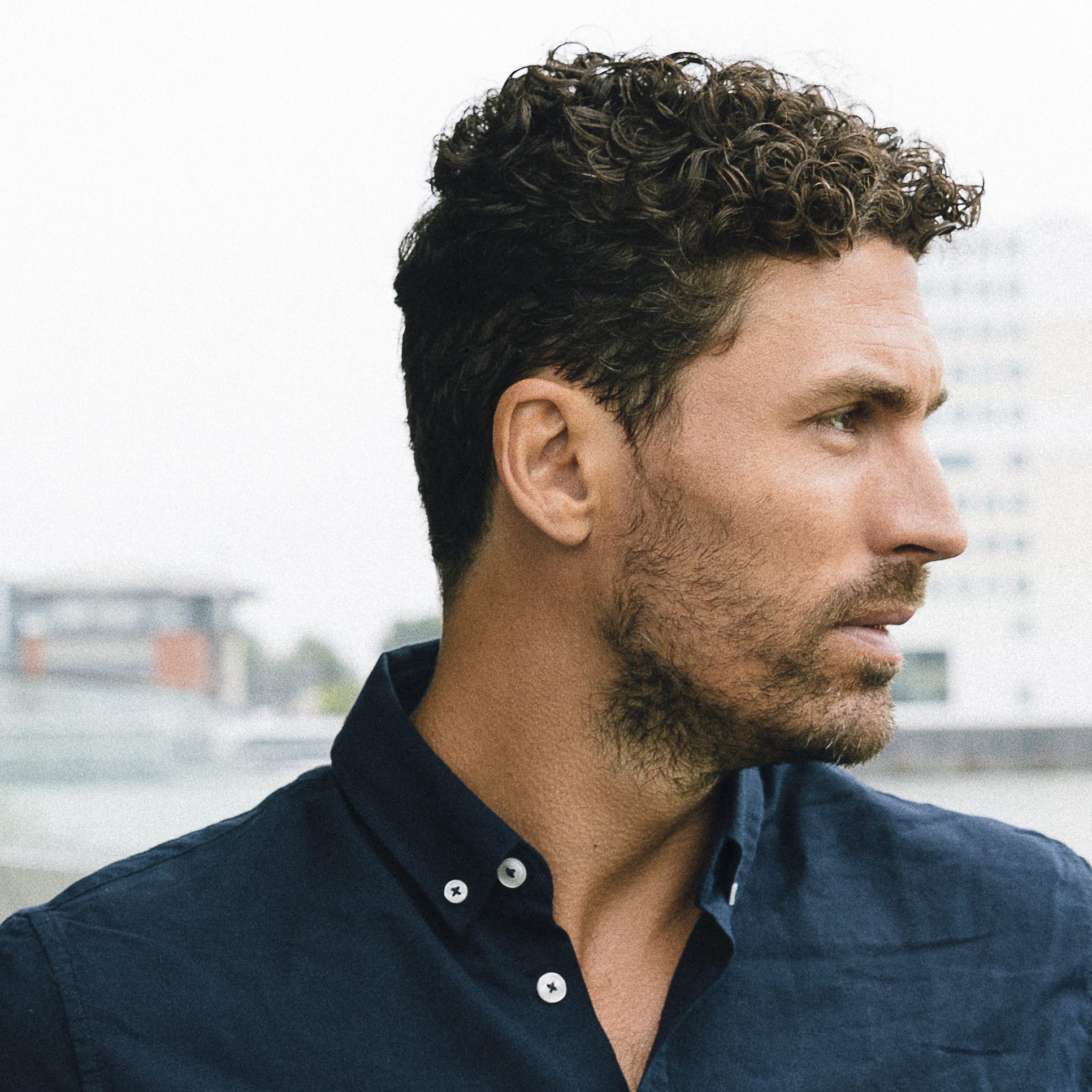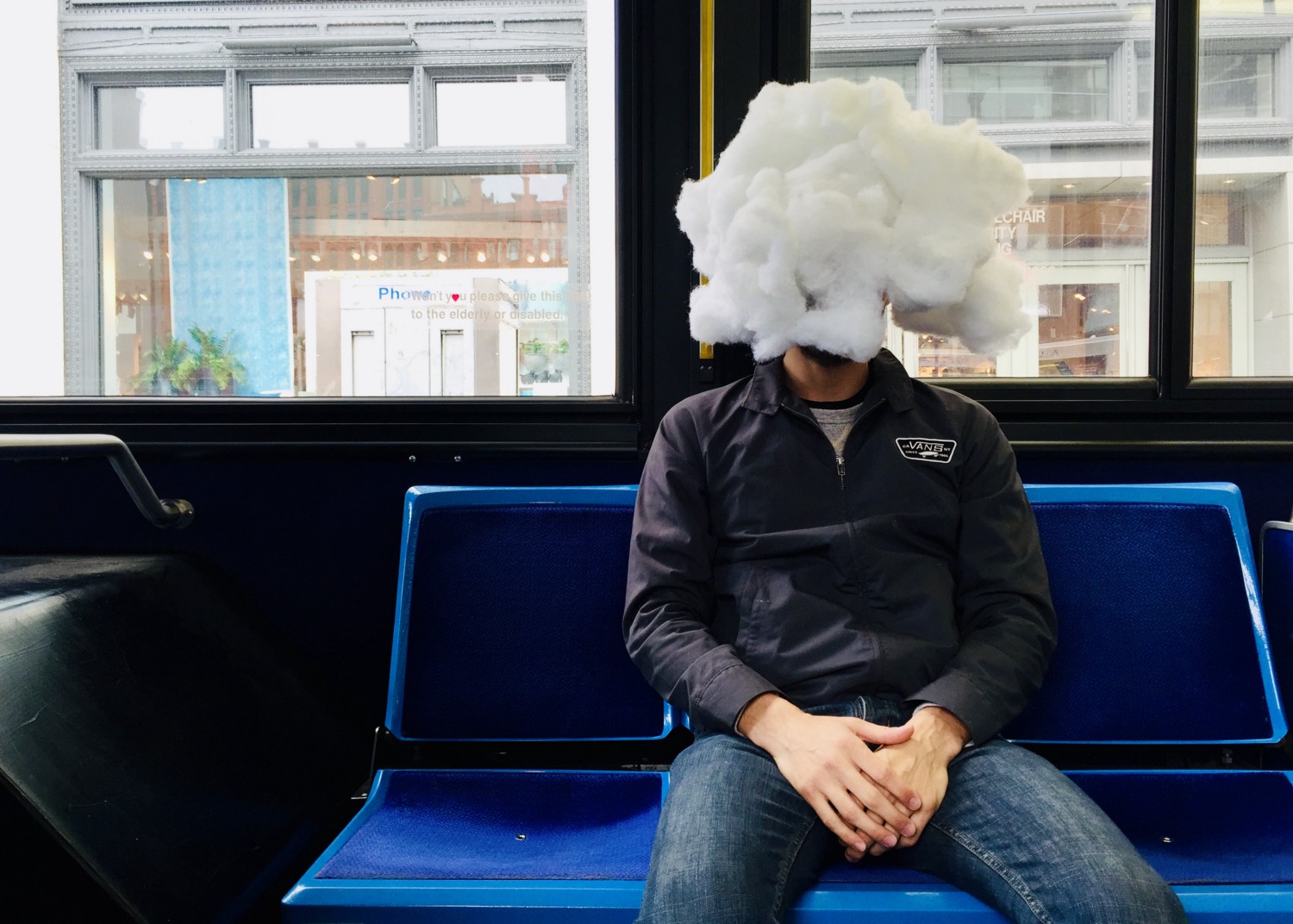This is not a story about control, but choice.
Quite often I have the feeling that I’m living surrounded by a sea of messages pitching me the idea that if I control things, I’ll make my life easier. Everywhere I look these days, I see a plethora of gurus, methods, books, and videos with recipes preaching and teaching that control is the key to individual development and personal fulfillment. By controlling my ego, I will overcome my biggest hurdles and achieve my greatest successes.
Recently, I even came across an author that suggests that we can be our ideal self merely by getting a grip on life.
To think that you can control your ego is the most egocentric trip I’ve seen.
Everytime you say “I’m going to get a hold of myself and change this about me,” that’s your ego speaking. And when you say to yourself “I’m simply not going to listen to my ego,” that is also your ego speaking.
Not to be fooled, your cognitive decision making is a process commanded by your ego — or, it’s a phenomenon that happens in your neocortex, in the frontal lobe of your brain, the most advanced and complex neural network humans possess, and the newest one to appear in our species evolution.
In the same breath, I frequently hear that our ego is the enemy of me and that it needs to be silenced. This is considerably inaccurate, to say the least. Not only because quieting the ego is like stopping thoughts — it’s impossible — but because in reality, it is my ego that keeps me alive.
Without it, I’m not sane, I can’t produce, and I lose my discernment, becoming incapable even of picking the right moment to cross a street. Navigating life, then, becomes unmanageable.
In sum, my ego is central to my survival, and it has gotten me this far in life. So if you really want to make your life easier, begin by giving your ego a big hug, because it deserves it.

So what’s with this fixation about control?
Broadly, this notion took flight in America about one hundred years ago, when Freud paid a visit to this country during the first phase of his life’s work. Whereas still unrefined, his ideas of the ego spread the notion that it was somewhat “finite and visible” inside of our psyche, implying that we could manage it.
It was later in his trajectory, however, that Freud reviewed his views on the ego in a way it became clear that we cannot control it, simply because there are internal processes in the mind that happen at a subconscious level. That, in turn, means that our reach is minimal.
The idea that the more you control, the better you will be, is actually the unrealistic ideal. If you follow it, you are basically setting yourself up for misery, if not for anything, merely because life is a compilation of countless events happening around us that we cannot, nor should try to, control We just can’t we see them all, and even if we did, we wouldn’t be able to understand them all.
Instead of identifying with control, I prefer to look through the frame of choice.
From the start, the concept of choice sounds more positive to me, and besides being a close sibling of freedom, it signals that a larger field of possibilities is open for me. That the excess of options can be overwhelming research has already shown, thus to chose wisely I have to be able to choose from within me — and not according to all available external options.
Enter, intention.
How to do that?

I use my intention as a consistent reminder of why and what I do, as well as who and where I turn to. To follow my intention ultimately brings about the sensations and feelings I desire. Though, to maintain awareness of it is indeed not a trivial job. It took me a while to clearly craft my intention in life and to apply it every day is an exercise.
But doing so changes everything.
First of all, it frees me from a reactive, outside-in notion that I have to conform with the world around me. Instead, it leads me to create, inside-out, the experiences I want to live that will generate the sensations and feelings I want to savor.
It begins with pondering about what you are doing in life. Are you responding to life as it happens to you trying to control the plates that are spinning up in the air, or are you creating in life as it happens for you, using your intention to choose accordingly?
Ripple effect
Literally, one morning and asked myself: What gets me up in the morning?
Why do I wake up eager to start my day? What is it that moves me out of inertia into a sequence of things I do every single day?
My immediate answer to myself was a shocking realization that I am obsessed with learning. With capital O on it.
But why do I want to learn so badly?
The next answer was: Because I want to be better to myself. That means, the more I learn about the world, the more I learn about myself. The more I learn about myself, the gentler and kinder I am with myself.
I took it yet another step further: But why?
In my case, I want to be better to myself, so I can be better with others.
And where does that lead to?
It means that I become more capable of taking on more complexity both in my personal and professional lives. I grow ready to take on others’ complexities, to take on more significant challenges, including world-scale ones.
I then asked myself: And why does that matter to me?
I believe that as a species we are under major and unprecedented threats that are putting our existence at risk. Global inequity and climate change are probably the two grandest ones.
So through my eagerness to learn, I better myself to be better with others. And if I help others better themselves, then they are better with others as well.

My intention, therefore, helps me anchor my decision making with integrity. I can steer through my choices in life aligned with what is meaningful to me. As a result, my work is a byproduct of my intention put on display.
Crafting and enacting my intention strengthens my process of understanding and accepting myself. The more I’m able to look up and see others in need of help, the more they will be able to do the same.
Collectively, we are more prone to look at our common issues and tackle them under a higher and common intention.
There’s not a specific order for how the process of crafting your intention should go. As a matter of fact, part of setting it up has to do with letting go of the notion of “should’s” and “shouldn’t’s,” or the conforming that which is outside you, the so-called norms.
The liberating force of intention goes hand-in-hand with your life purpose. To actively live your life is not a matter of trying to control it, but it’s about looking at yourself and asking “What gets me up in the morning?” and choosing to let it unveil life ahead of you — effortlessly.
Originally published at medium.com


